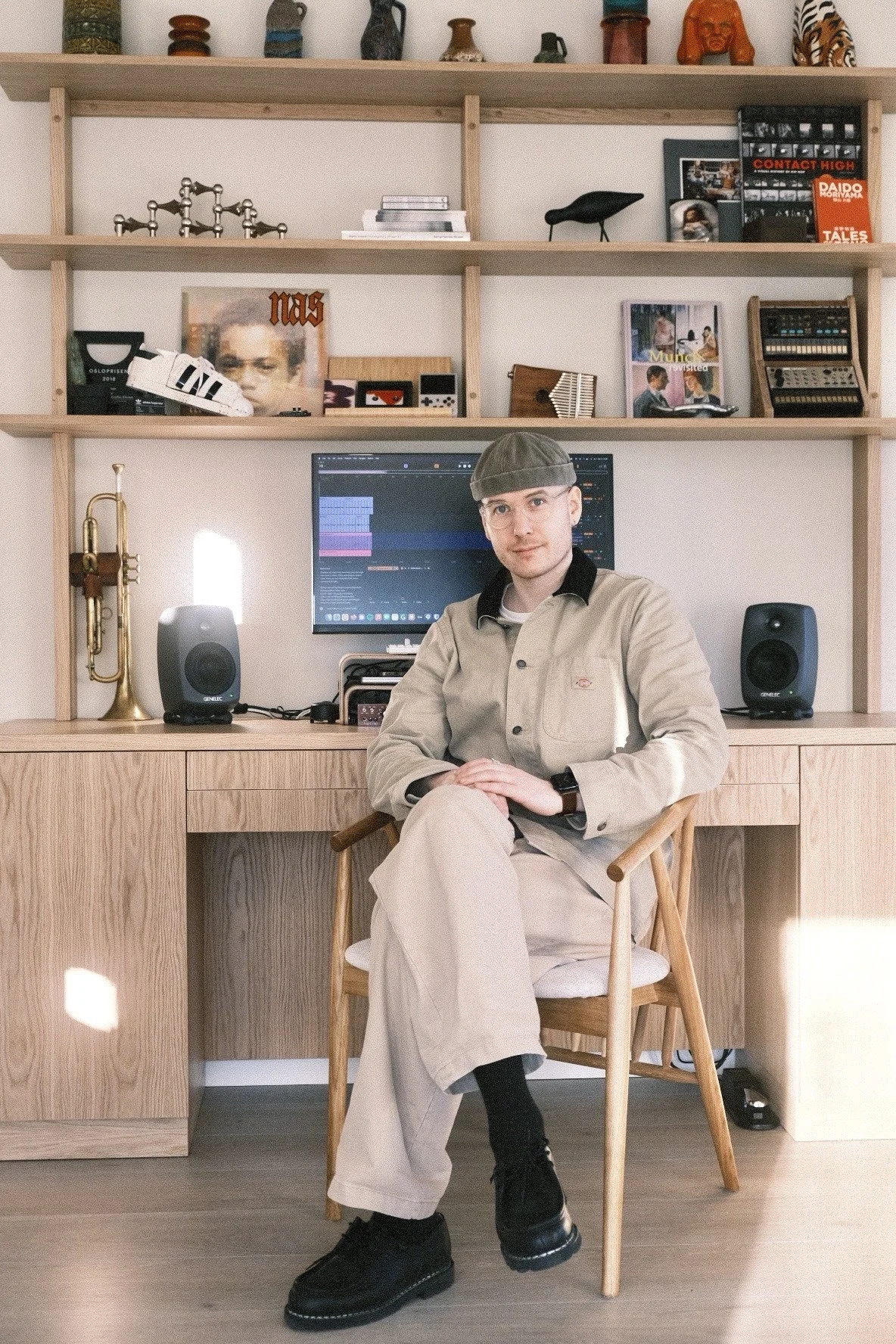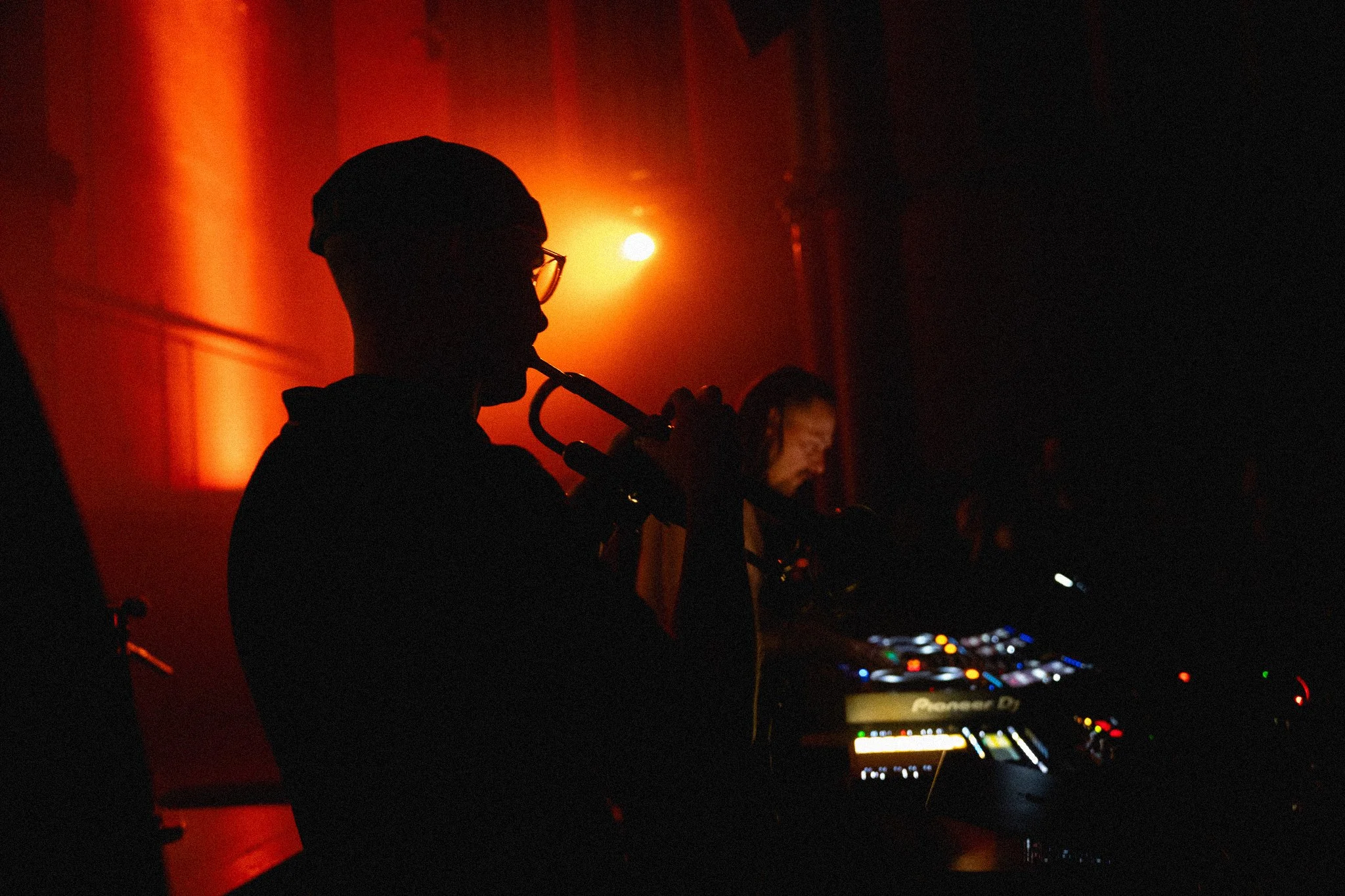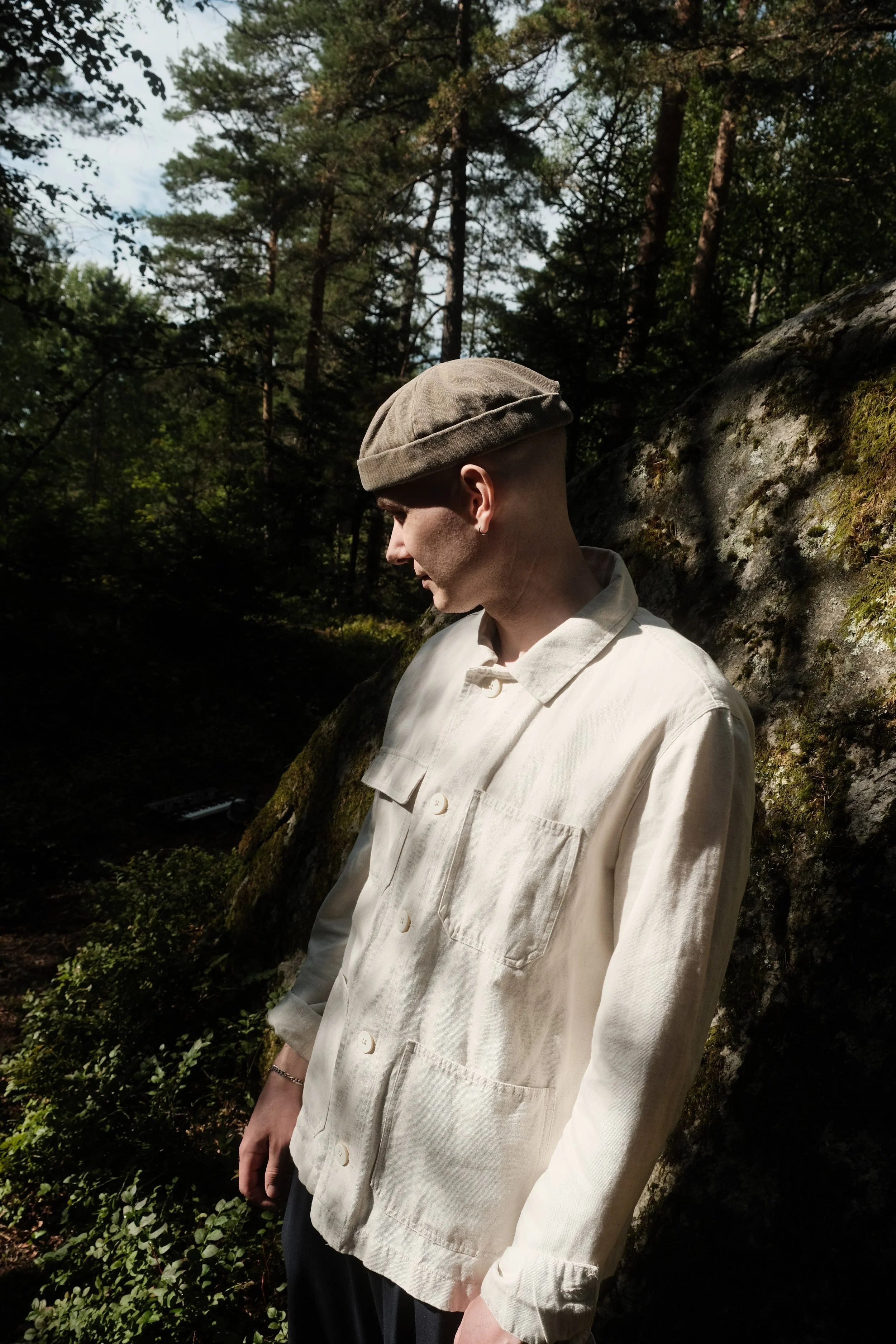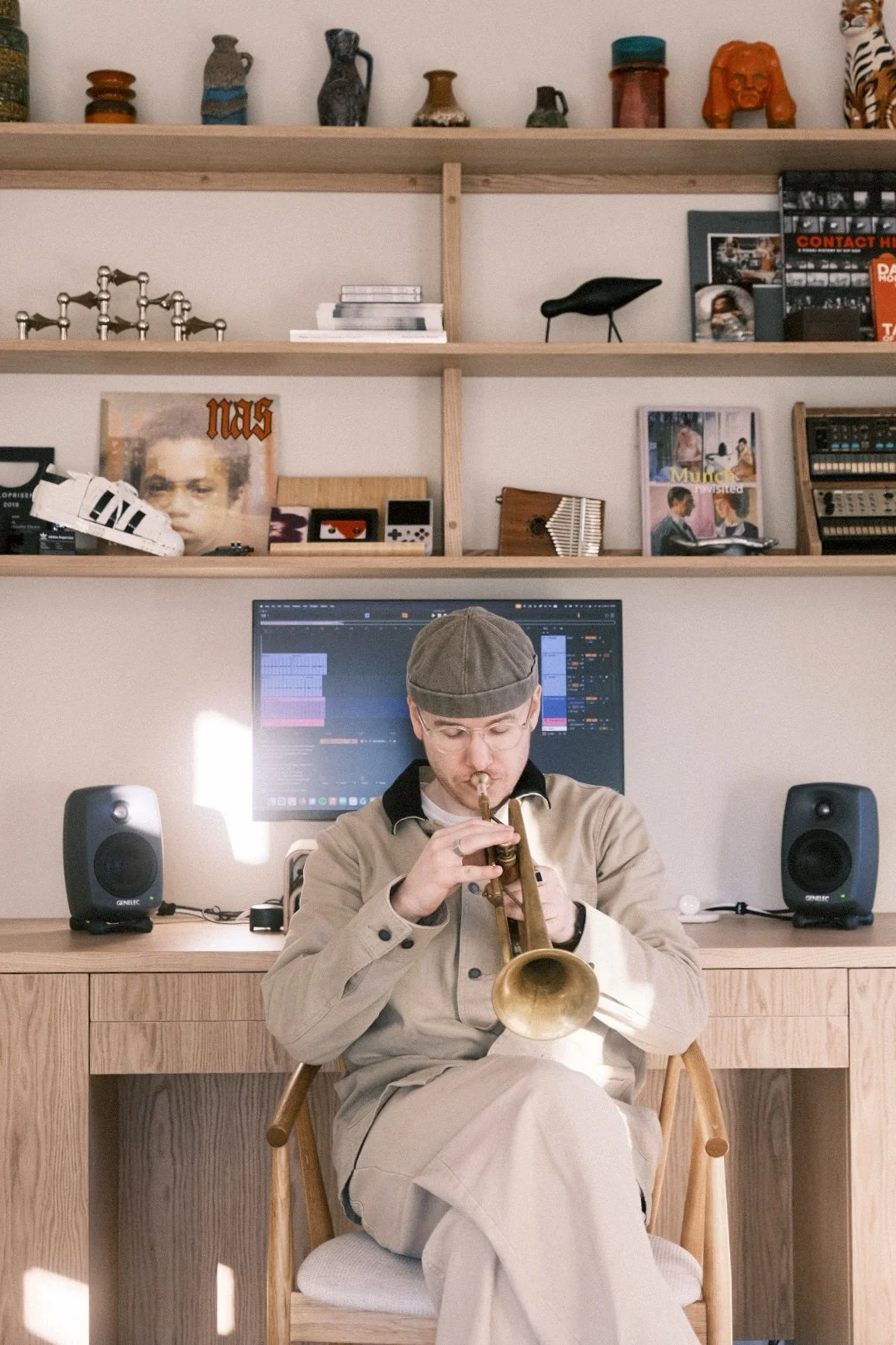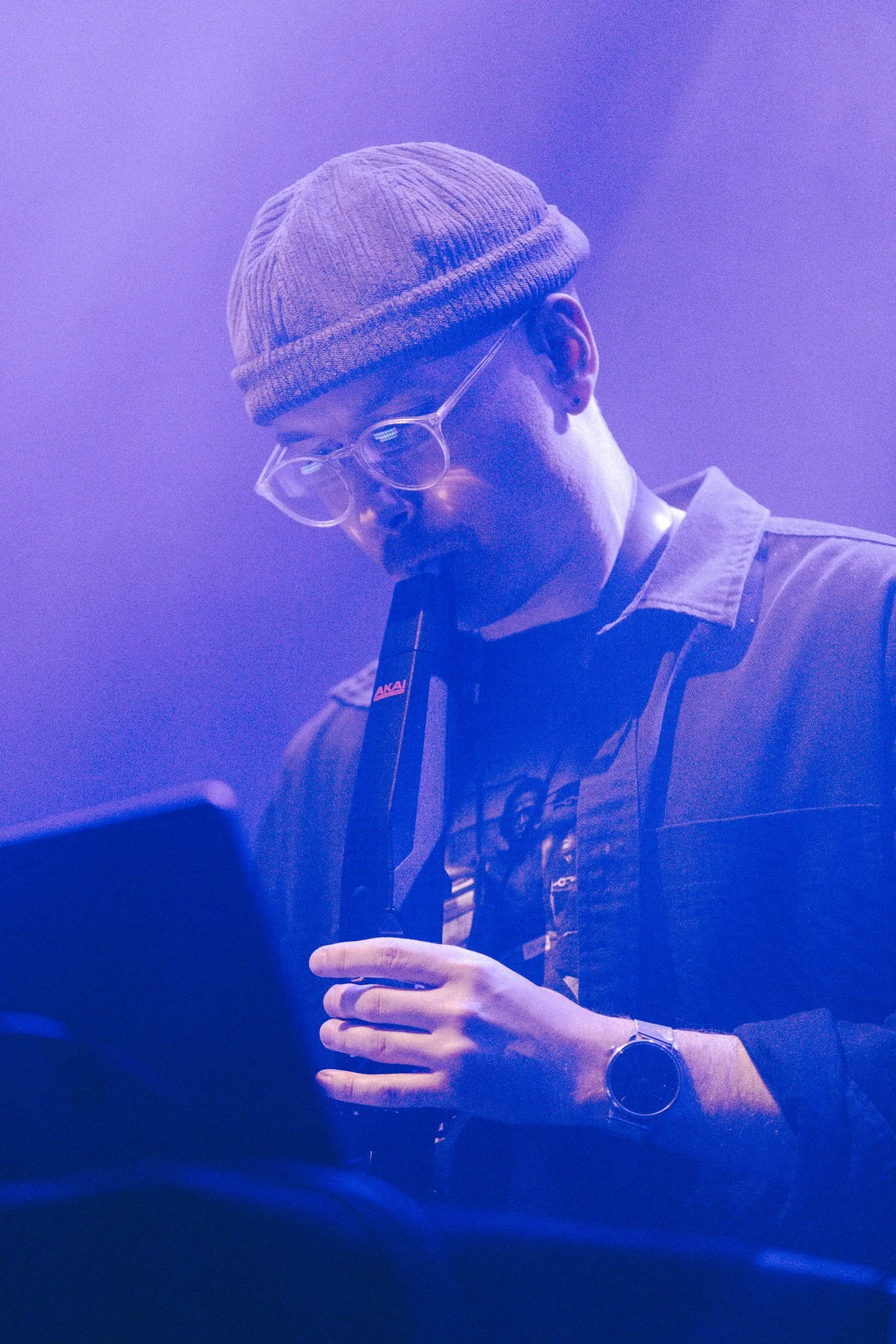Q&A: This is Kristoffer Eikrem
”Success is such a personal thing. Of course, it’s great to make a living from music or tour the world, but for me, it’s more about setting meaningful goals and celebrating the small wins along the way. It’s easy to get caught up in chasing the next milestone and forget how far you’ve come.” - Kristoffer Eikrem
It was a pleasure to recently interview Kristoffer Eikrem! We discussed his musical beginnings, his upcoming new album, how he defines success in the music industry as well as how he balances being a musician, family man, and a record label founder! Throughout the interview he drops some great gems on how to balance multiple priorities while still staying grounded and positive. Be sure to check out the playlist below at the end and continue to support his future work!
This interview has been edited for length and clarity.
How did you get started making music?
I began playing piano when I was around 6 or 7 years old, and it was my main instrument until I was about 13. That’s when I discovered the cornet/trumpet as part of my local school band. Almost immediately, I felt a stronger connection to it than I ever did with piano. Around the same time, I was introduced to jazz and improvisation, and I was completely captivated. From there, things just took off; I joined a big band and eventually pursued music in high school.
Which musicians do you look up to or are inspired by?
There are so many, it’s hard to name just a few! When I first got into jazz, the legends like Chet Baker, Miles Davis, and Charlie Parker shaped my early years. But I’ve always been curious about other sounds too. Even as a teenager, I was drawn to electronic music, especially Daft Punk and Röyksopp, who showed me how boundaryless music could be.
During my jazz studies at the Norwegian Academy of Music, I collaborated with musicians experimenting with electronics and hip-hop, like Mutual Intentions and the rapper Ivan Ave. That’s when I realized how seamlessly jazz could blend with beats and samples.
Just before the pandemic, I discovered the lofi scene, and it really resonated with me. Today, I’m inspired by anyone who pushes boundaries and what excites me most are artists who carve out their own sound instead of following trends. Artists like Mad Keys, Kreatev and Slowya.roll come to mind.
You're the co-founder of Purple Theory Records. Why did you decide to start a record label and tell me about the artists on the label?
The idea for Purple Theory Records actually came during a job search. I had two offers: one from a cool Oslo-based label focused on pop-rock, which would’ve meant lots of travel and industry networking and late hours, and another safer but less creative role (but way better pay). My girlfriend asked, 'If you want to work for a label, why not start your own?'. That question stuck with me.
I knew I didn’t want to do it alone, so I teamed up with HM Surf and Dokkemand, who shared the vision. We spent 2022 developing a solid business plan and launched in 2023. Our philosophy has always been to support artists who dare to be different, those who don’t fit neatly into boxes but have something unique to say. The lofi scene is oversaturated, so we want to focus on quality, artistic integrity, and strong visual identity. Our roster is growing, and we’re proud to work with talented musicians from around the world who prioritize authenticity and innovation, whether it’s lofi, ambient, r&b or modern jazz.
How do you balance being a musician and running a record label?
I’ve always juggled multiple projects! Besides the label, I work full-time at Gramo, handling neighbouring rights for performers and record producers. Music has been more of a passion project for years, something I fit into my free time. I don’t perform live as much as I did in my 20s, when I toured as a jazz musician, but I try to create music or just jam every day.
With the label, I've built systems to stay organized and efficient. When you have a family (two kids) and a full time job, you learn to maximize every minute.
It’s all about routine and prioritization. I block out time for creativity, follow up on tasks, and try to avoid wasting energy on things that don’t matter (sometimes more difficult than it seems heeh). Discipline is key, but so is joy. If I can end the day knowing I’ve created something meaningful or helped another artist do the same, that’s what keeps me going.
You recently released "Peaceful Moment", the second single from your new album that's coming out in October. Tell me about the song and what we can expect from the new album.
My upcoming album, Beneath the Sky and Moments Between, is an ambient solo project dropping at the end of October. It’s 12 synth-based compositions inspired by 1980s Japanese ambient music, particularly artists like Hiroshi Yoshimura. I used classic synths like the DX7 and Wavestation to craft a sound that’s minimalist, nostalgic, and immersive.
This is a side quest from my usual lofi-jazz work, no trumpet, just pure synth and mood exploration. It’s a personal and reflective album, and I’m thrilled to release it on vinyl and digital through Mutual Intentions in Oslo. They’re incredible at creating high-quality physical products with thoughtful design, which makes this release even more special. I can’t wait to share the full experience with listeners.
How do you define success in the music industry?
Success is such a personal thing. Of course, it’s great to make a living from music or tour the world, but for me, it’s more about setting meaningful goals and celebrating the small wins along the way. It’s easy to get caught up in chasing the next milestone and forget how far you’ve come.
Right now, I’m happy where I am. I have creative freedom, I collaborate with amazing artists worldwide, and I get to make music on my own terms. We live in an era where you can create anywhere, anytime, that’s a privilege. Success, to me, is balance: making music I’m proud of, connecting with people through it, and still having time for my family and life outside of work. If I can look back and feel I’ve stayed true to myself while inspiring others, that’s what matters most.
